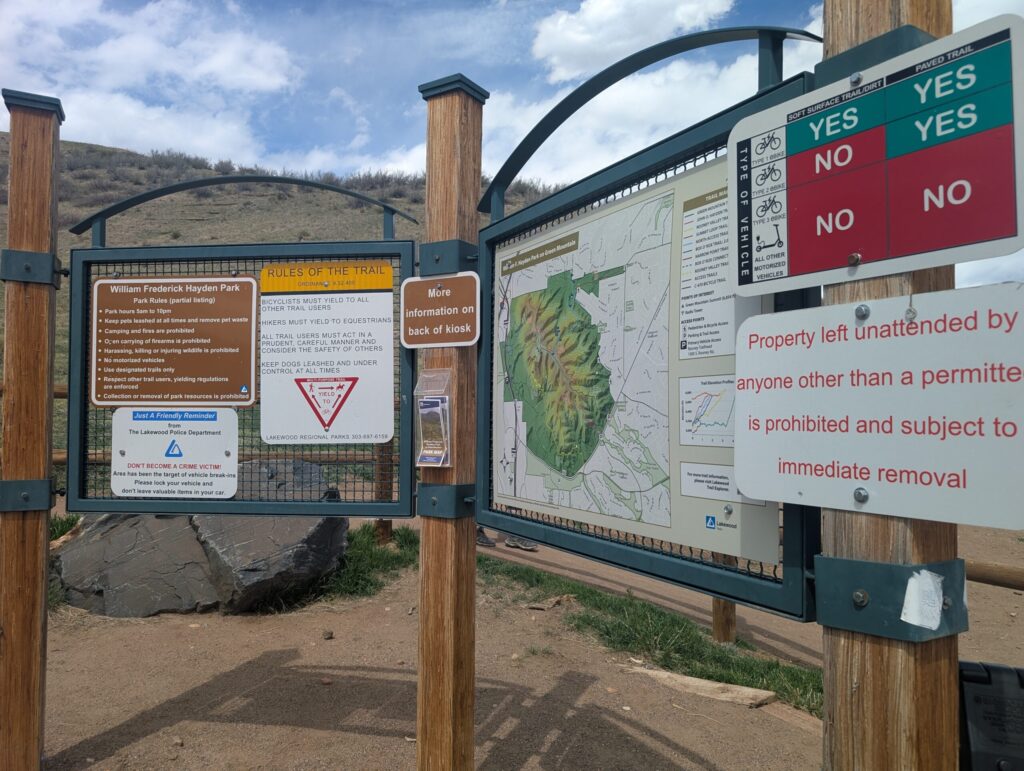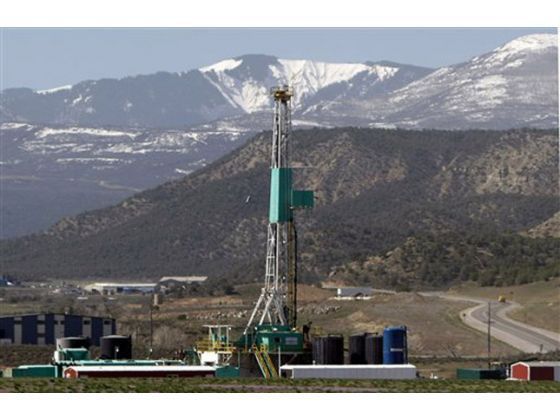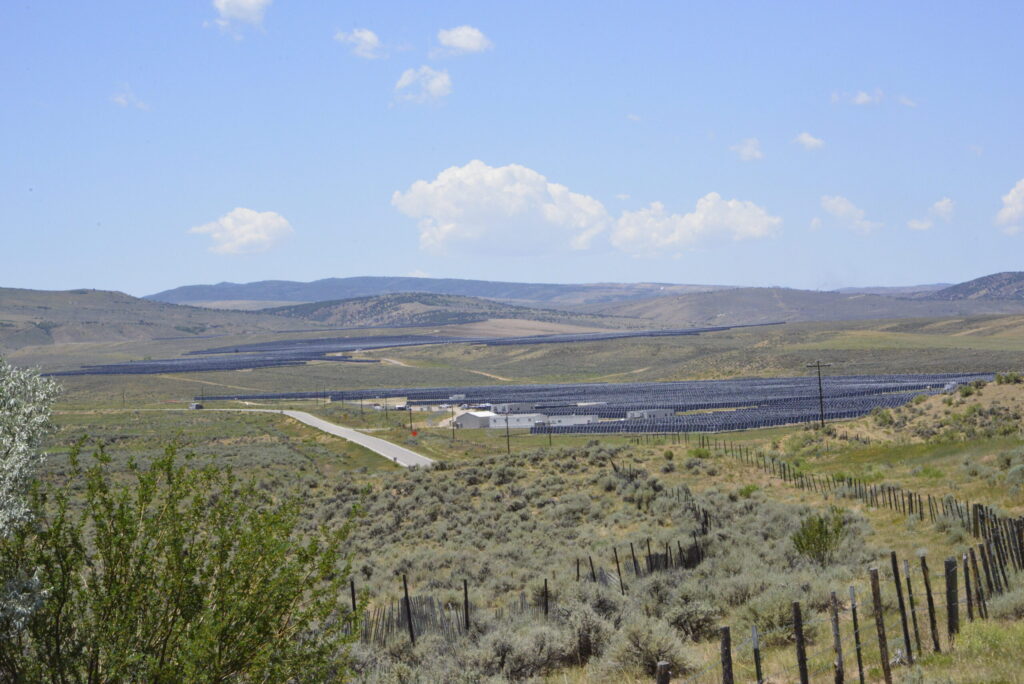Colorado office mentions equity over 500 times in new study of vehicle electrification

The Colorado Energy Office called for equity in transportation electrification in a new report, insisting it must be a priority in eliminating gasoline and diesel cars and trucks from highways.
Gov. Jared Polis has called for putting at least 940,000 electric vehicles on the highways by 2030 as part a “long term plan” toward a 100% electric-powered transportation fleet. As of Aug. 8, 2022, the state EvaluateCO dashboard says 61,448 electric vehicles are registered in Colorado – or roughly 1.16% of 5.3 million vehicles in 2020.
“This study is the first of its kind in Colorado, and among the first in the country,” CEO Executive Director Will Toor said, referring to the 184-page report released Aug. 10. “Not only does it offer a framework for an equitable transition to electric transportation here in Colorado, but it also serves as an example for other states with similar pollution reduction and equity goals.”
The study mentions “equity” 526 times.
Rural green transit projects win $51 million in federal funds
The equity requirement in the report aligns with Senate Bill 21-272, signed by Polis last year, that requires power companies to direct 40% of their new investments in electrical infrastructure toward “low income and disproportionately impacted communities” through 2028.
Transportation is the largest source of greenhouse gas emissions in Colorado, making transportation electrification “essential for meeting the state’s ambitious GHG emissions reductions targets of 26% by 2025, 50% by 2030, and 90% by 2050, compared to 2005 levels,” the Colorado Energy Office said in a news release.
“Reducing emissions from the transportation sector requires electrification in every community across Colorado,” CEO Special Projects Policy Advisor Maria DiBiase Eisemann said. “Many of the communities that are the most impacted by the effects of pollution also face more financial and other barriers to accessing electric vehicles.”
Colorado AARP warns against upcoming Xcel natural gas price increase
The equity requirements for both electrical infrastructure and vehicle electrification that must focus on disproportionately impacted communities mostly center on lightly-populated areas of the state. The bulk of the communities, comprising perhaps 30% or more of the state, are located in southern, southeastern and northwestern Colorado, with small census tracts meeting that standard scattered about the state.
These communities are largely far from where transportation pollution problems are most severe, the areas’ population per square mile is small, unemployment is high and transportation costs as a percentage of income are the highest, according to the author of the new report, Denver-based Cambridge Analytics.
Data from Cambridge Analytics suggests the EV market in Colorado is floundering, not flourishing.
The state’s EV Equity Dashboard shows increases in EV registrations from 2010 to 2018, but drops in 2019 and 2020, plummeting to only 337 registrations in 2021, a period that coincides with the COVID-19 pandemic.
The top three barriers to accessing electric vehicles are “charging logistics (61%), the number of miles the vehicle can go before it needs to be charged (55%) and the costs involved with buying, owning, and maintaining an EV (52%),” according to a nationwide survey of 8,027 people by Consumer Reports.
Oil & gas leasing practice eliminated by Hickenlooper bill
Thirty percent of respondents said that the effects of cold weather on EVs is of concern, and 37% expressed wariness they wouldn’t be able to work on or repair an EV.
“Half of Americans say free public charging stations is the charging option that would most likely encourage them to buy or lease an electric-only vehicle,” the report continues.
According to the report, only 2% of Americans own EVs and 28% say they would not consider buying one.

















